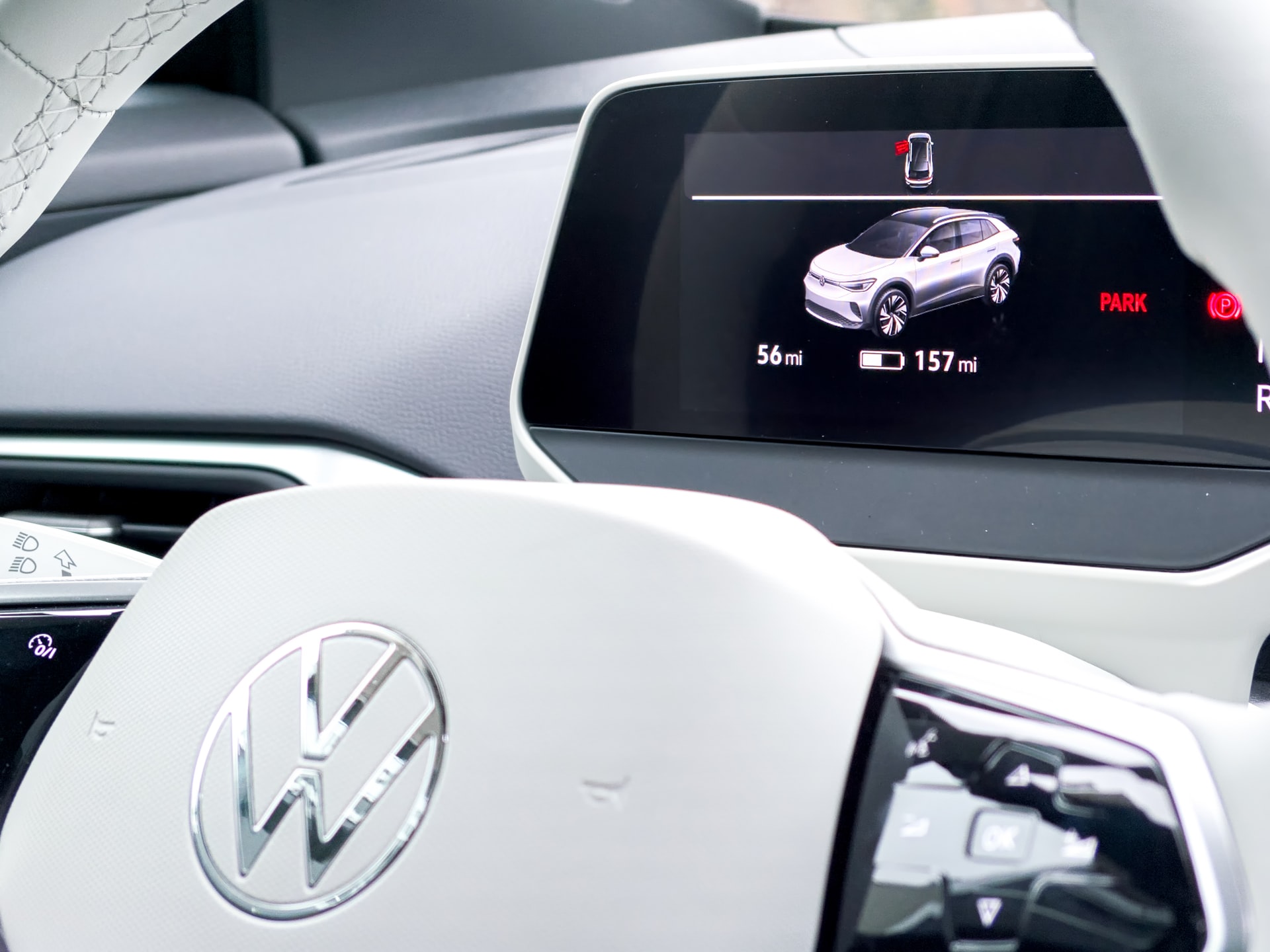How Long Do Electric Car Batteries Last?

The Electric Vehicle (EV) uptake is rapidly accelerating around the globe and so too is Australia. A survey was done by the Electric Vehicle Council (EVC) recently showed that over half of Australians would consider purchasing an electric car as their next vehicle. Thanks to the instant development of advanced battery technology, EVs now have a much more impressive driving range and battery capacity which give drivers the confidence to switch.
So, consumers who are hoping to switch to EV might be wondering about the lifetime of EV batteries: How it works and how long will it last. Read on to learn more about the technology behind batteries as well as the best practices you can take to further maximize your EV battery lifespan.
Electric Car Battery Basics
Electric cars are powered by rechargeable lithium-ion batteries which are similar to those used in cell phones and laptop computers, but much larger. An electric vehicle’s range depends on the size of its battery and how efficiently the car uses that energy which is measured as kilowatt-hours (kWh). The bigger your car’s battery capacity, the longer it will take to charge. Depending on the vehicle, a 60-kWh battery might allow the vehicle to travel up to 3 hours at a steady speed. However, the car’s efficiency also depends on environmental factors such as temperature; especially in winter when it gets too cold, the battery’s performance and its ability to charge can be reduced.
Electric Car Battery Charging
Charging an electric vehicle is like charging a mobile phone, meaning you give it a full charge at home overnight and top it up during the day if you need to. Therefore, most drivers charge their car at home or work to make use of the time their car is parked. It’ll take longer to charge up your car from empty than if you top it up from 50%.
When it comes to EV charging, the time it takes to charge will depend on the type of charger and the maximum charge rate that it provides. There are 3 different levels of charge that you need to be aware of including level 1, level 2, and Level 3 charging. Level 1 is considered the slowest method of charging for your EV at home whilst level 3 will give you the fastest charging time. However, it also depends on your vehicle’s battery capacity as it can only accept certain amounts of charge rate. The most efficient charging range for a small full battery electric car is about 50km an hour using a 7kW power AC charger.
Electric Car Battery Life
Lithium-ion batteries have been improved significantly in the last few years thanks to advanced technology which helps extend the battery life, increase safety, reduce the weight and price of the battery pack. The battery pack is the most expensive part of an EV and is given between 5 to 10 years warranty depending on the car manufacturer. Batteries are designed to slowly lose their charging capacity after years of use. The degradation happens gradually over several years with the loss of a few percentage points. According to Geotab, high use did not show statistically higher battery depletion. Yet extreme weather can have a negative impact on the battery life which is notably degraded when the vehicle is driven in a hot climate.
Another factor that can impact your car battery’s life is charging type. Using rapid DC charging is reported to have an impact on the speed of battery degradation since it will strain the battery out from the high temperature generated from the high current input. It is suggested by many automakers to limit the use of DC fast charging in order to prolong the vehicle’s battery life.
Prolong your EV battery life
While battery depletion varies by model and external conditions such as weather and charging type, there are ways you can expand your vehicle battery’s life.
- It’s recommended to keep your state of charge between 20 and 80 percent and never let the battery drain out completely.
- Minimise fast DC charging and only use it for long-distance trips when your battery can run out before you reach the destination.
- Weather is out of the user’s control but try to avoid it if you can, such as parking in the shade on a hot day.
- Finally, leaving your EV parked in one place for too long with a full or empty battery can also contribute to battery depletion. It’s recommended to fill your car between 25% and 75% if you are not using your vehicle in a significant amount of time.


